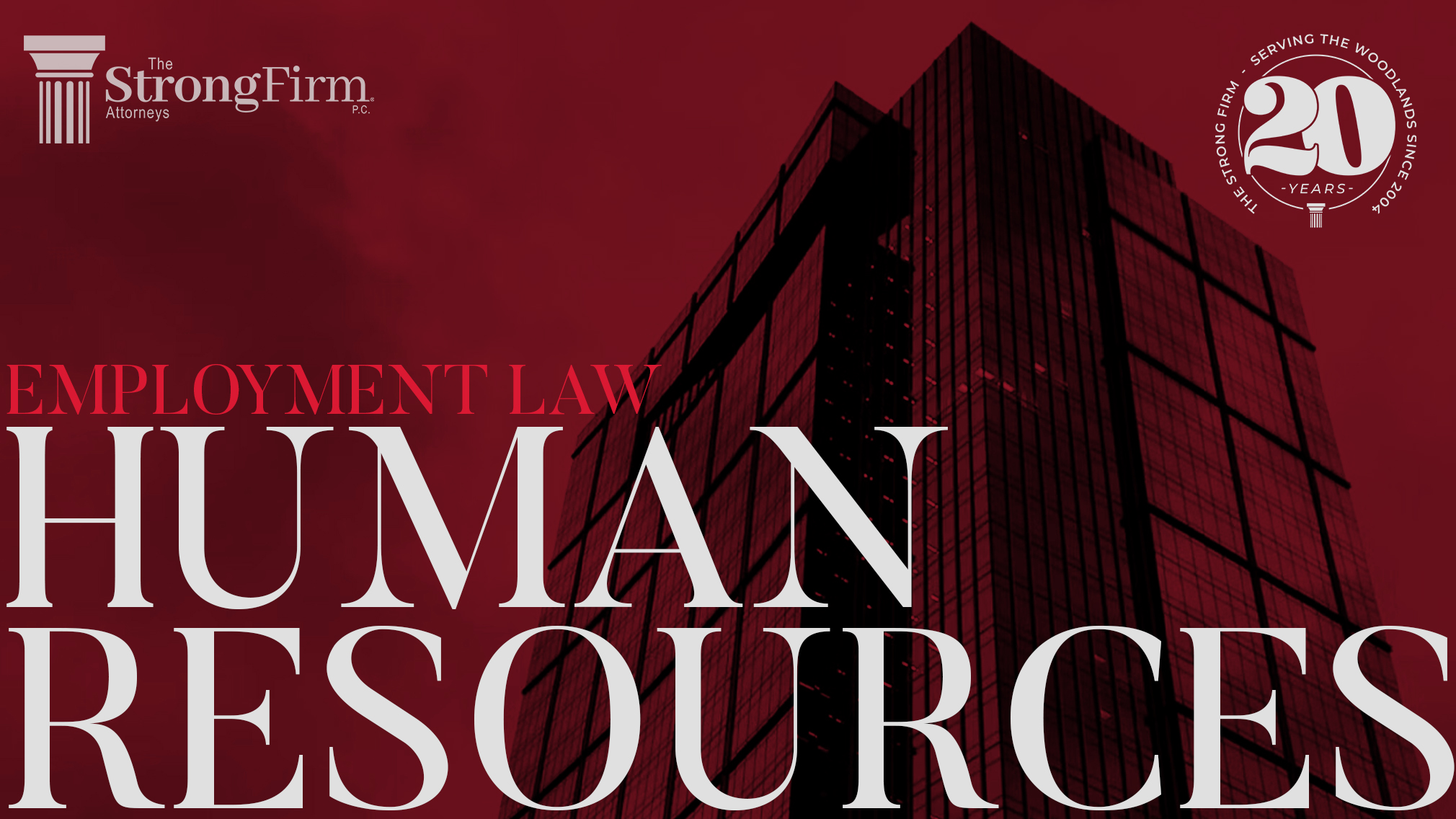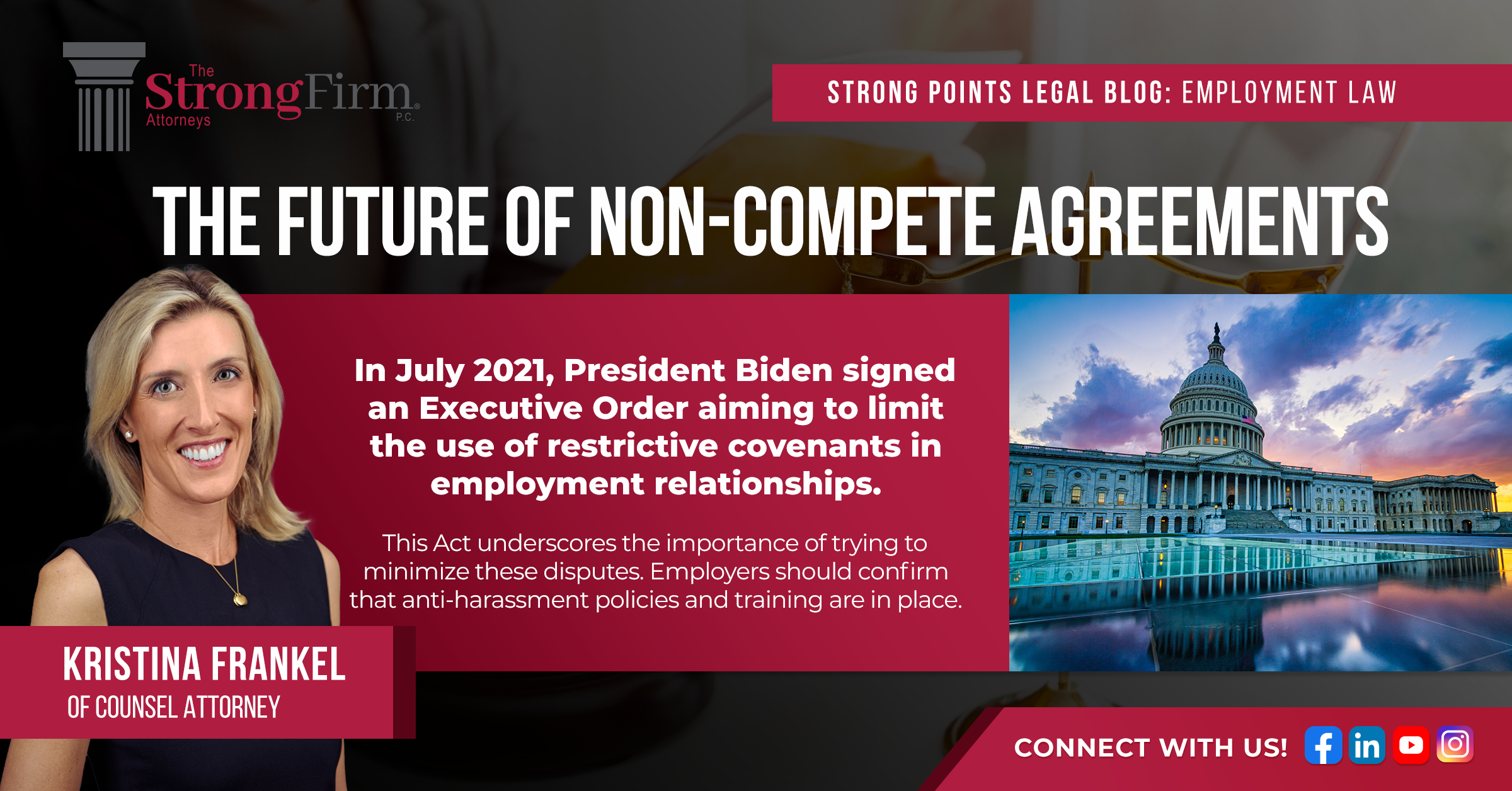For many years, people that inherited their parent’s retirement accounts believed those funds would be protected from creditor claims just like their own retirement accounts are protected from creditor claims. However, the U.S. Supreme Court rejected that concept in 2014.[1] In Clark v. Rameker, the Supreme Court ruled that the beneficiary’s inherited IRA was subject to creditor claims. Fortunately, creditor protection can be used to protect inherited items from creditor claims.
In Rameker, the debtor filed for bankruptcy but tried to protect $300,000.00 that she had received from her mother’s IRA after her mother’s passing. The debtor argued that since federal legislation protected retirement accounts from creditor claims the funds in the inherited IRA (her mother’s retirement account) were also protected from creditor claims. The Rameker Court disagreed. The Court found that although the IRA was a protected retirement account when it was owned by her mother it was no longer a federally protected retirement account once it was inherited by the debtor.
Thankfully, trusts can be used to protect assets from your beneficiary’s creditors. Although trusts holding “qualifying” retirement assets (e.g 401k or IRA assets) must meet specific requirements, a properly structured trust can still protect the bulk of the assets from creditor claims. A qualified estate planning attorney can help you create the trust(s) you need to make sure that the funds you saved throughout your life are available for your beneficiary instead of their creditors.
[1] https://www.supremecourt.gov/opinions/13pdf/13-299_6k4c.pdf




























